From 6 to 7 May 2025, children and adults from 11 EU countries went to Ireland for the Platform’s first study visit to learn how Ireland involves children in decision-making at local and national level.
What was the study visit about?
The visit brought a group of motivated children and adults together to share, learn, and get ideas on how to make child participation stronger in their own countries.
Who joined the visit?
- Children from the EU Children’s Participation Platform (+ accompanying adults)
- National representatives from the EU Network for Children’s Rights
- Participating countries: Austria, Bulgaria, Croatia, Finland, Greece, Italy, Malta, Portugal, Slovakia, Spain and the Netherlands.
- Child members from UNICEF and Bremore School, Ireland (+ accompanying adults)
What happened each day?
Day 1 – 6 May 2025
- Workshops on how child participation is organised in Ireland at the Department of Children, Disability and Equality, Dublin
- Creative activities for children at The Ark, Dublin
- City visit and dinner


A happy study visit family!A happy study visit family! 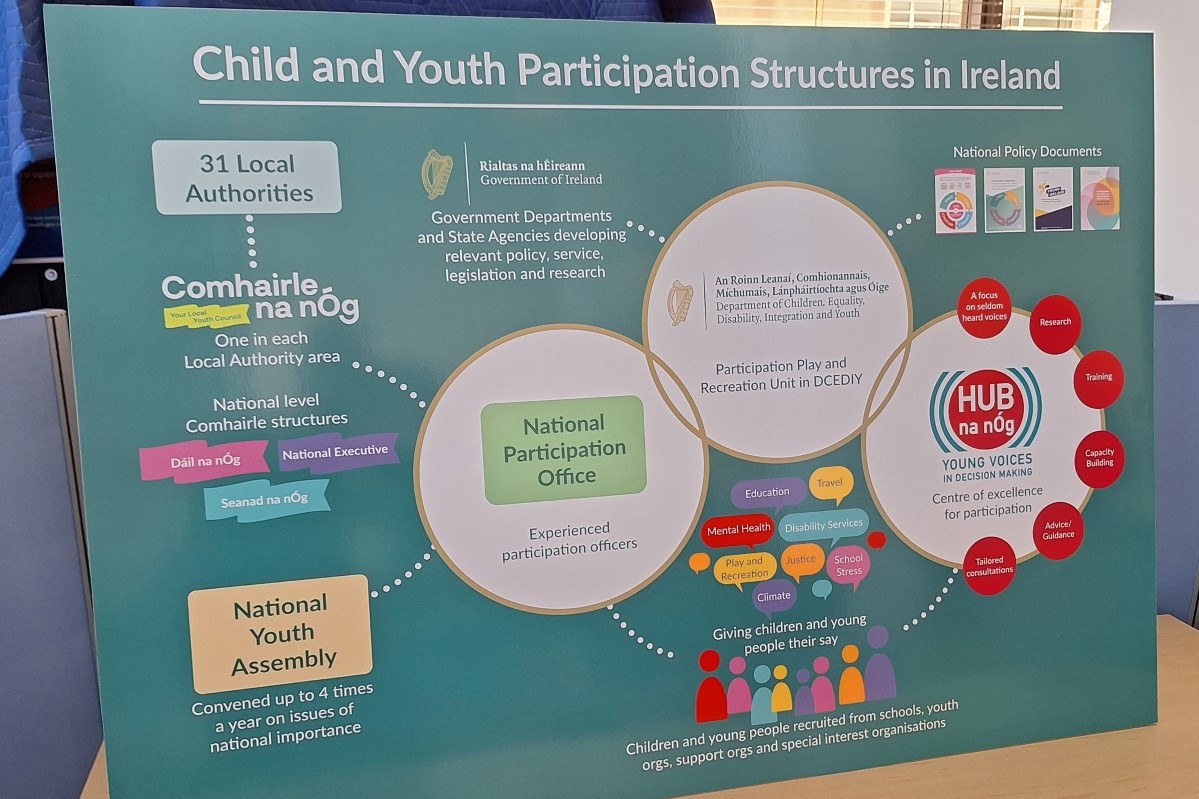

Structure of Irish child and youth participationStructure of Irish child and youth participation 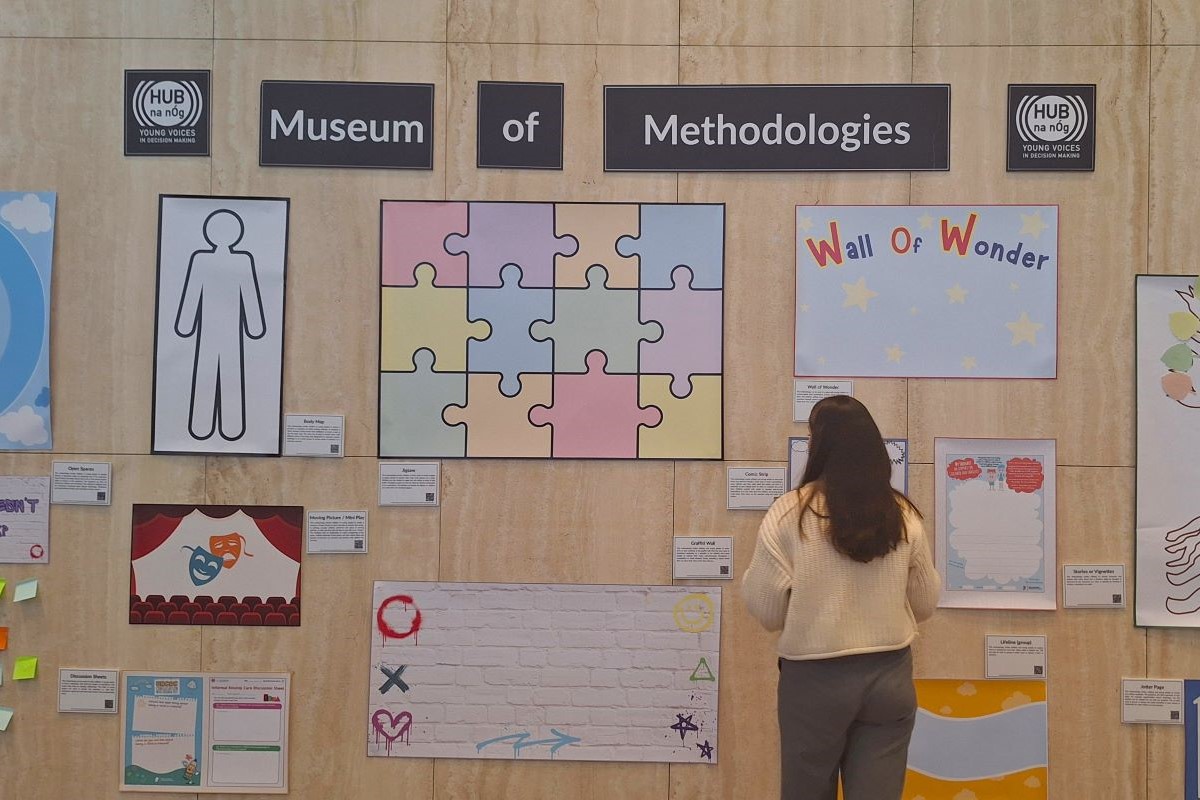

Different ways of engaging with Irish children and young peopleDifferent ways of engaging with Irish children and young people 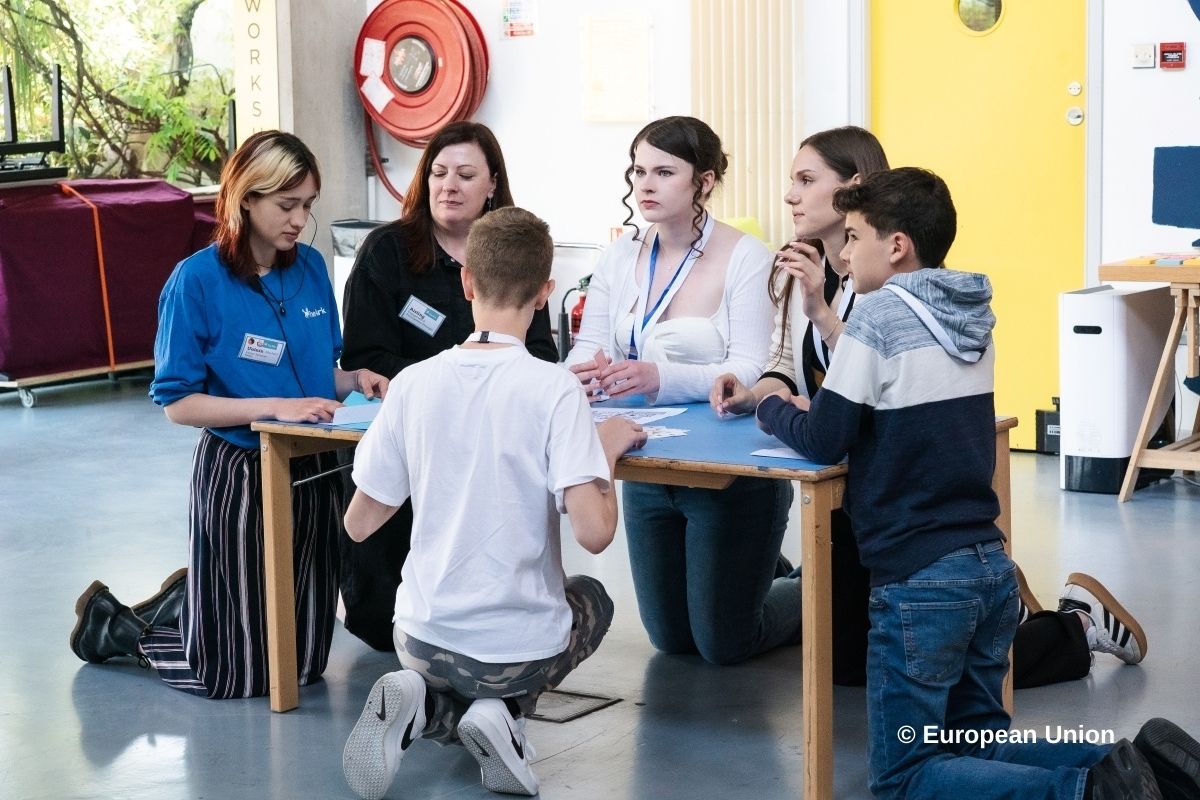

A creative workshop at The ArkA creative workshop at The Ark 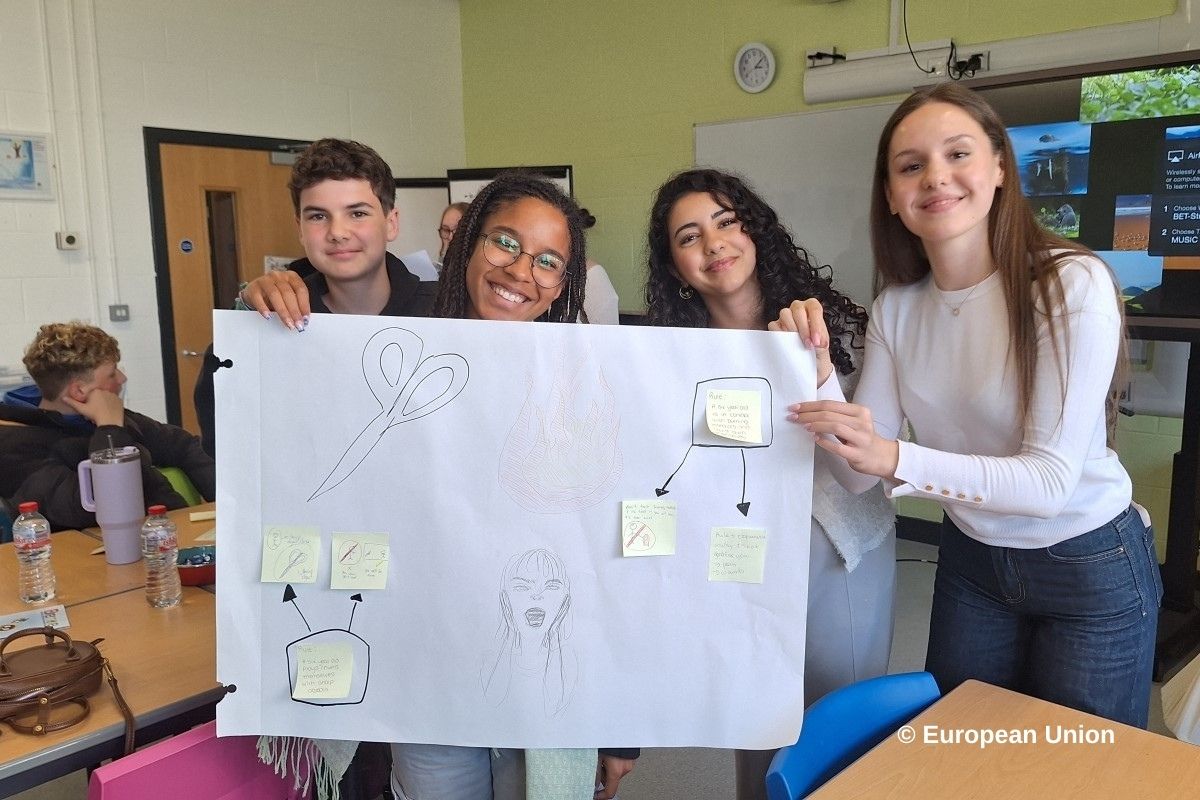

Discussions, brainstorming and suggestions!Discussions, brainstorming and suggestions! 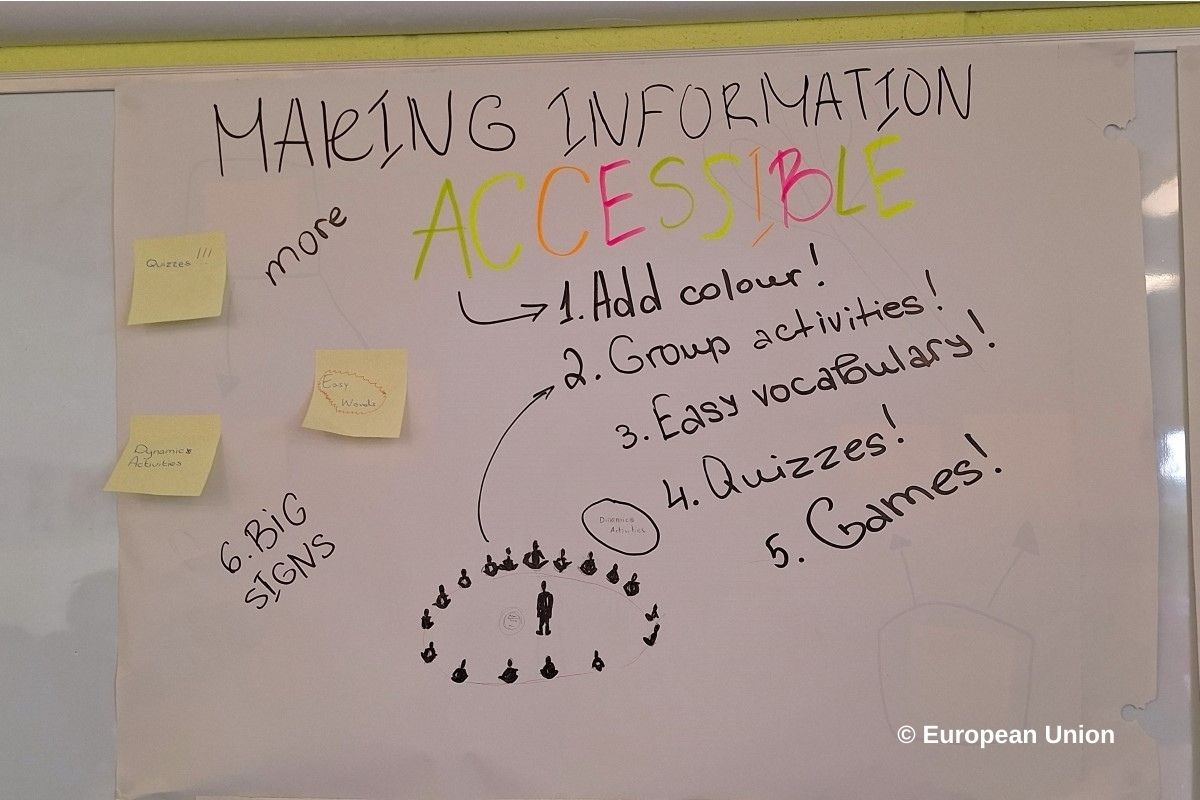

Kid's ideas to improve access to informationKid's ideas to improve access to information 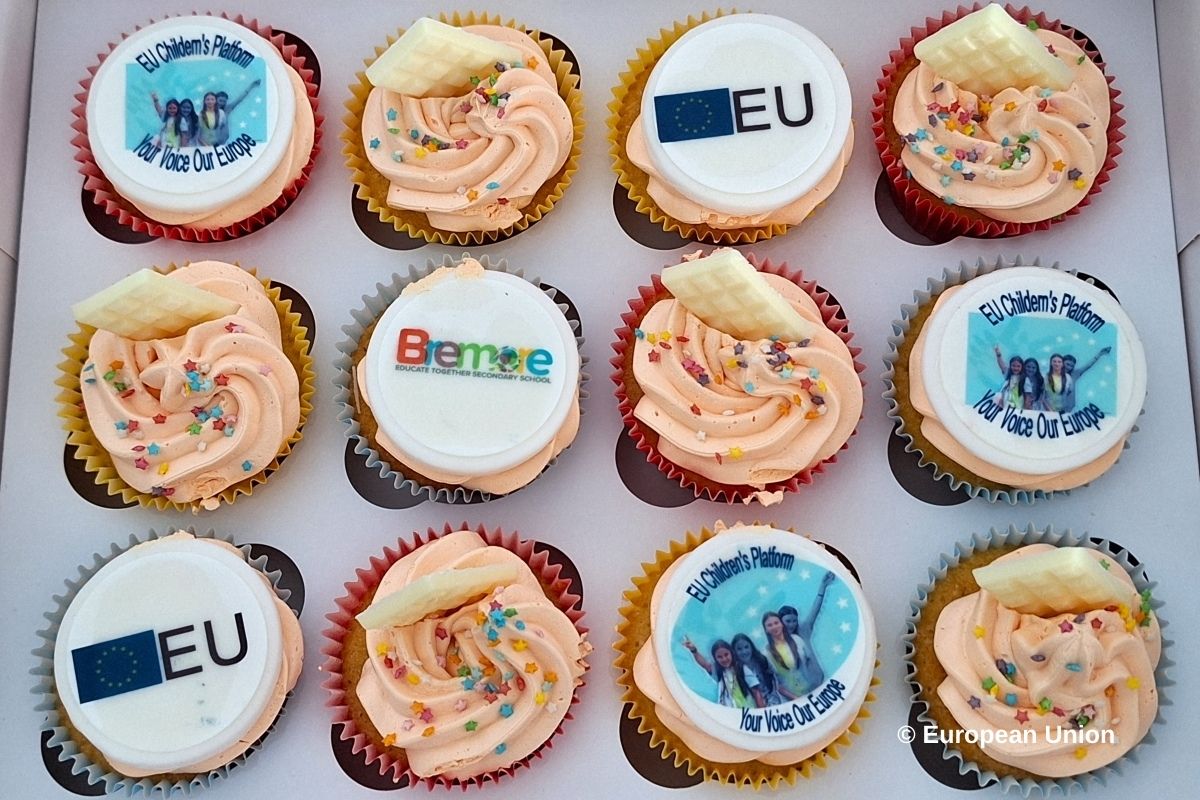

Welcoming cupcakes at Bremore ETSS schoolWelcoming cupcakes at Bremore ETSS school
Day 2 – 7 May 2025
- Workshops on children’s rights for adults and children together
- Sharing what we learned and what we want to do in each country
- Visit to Bremore Educate Together Secondary School, Balbriggan to see student voice in action
What we learnt
To make sure children's voices are heard and valued, national governments should:
Have a stable source of money, training, people and child-friendly materials.
Involve children in decisions that affect their daily lives.
Check if children's ideas lead to real changes and improvements.
Teach both adults and children about children's rights and how to work together.
Promote teamwork between children and adults for better results.
Share successful practices and learn from each other.
To make sure there are spaces where children feel confident and empowered to share their views, national governments should:
Include and reach out to more children from different places, groups, ages, speaking different languages.
Support ongoing conversations between youth and adults.
Report back to children and have clear guidelines on how to do that and when.
Organise more meetings between children and adults from different countries.
Make sure that different groups and institutions work together, such as government, NGOs, schools.
Speak up about how great it is for everyone when children and young people lead and share their views.
What happens next
Conclusions and commitments were discussed during a follow-up session in July 2025. These will be shared on the website and followed up with the national authorities.
Platform members reported to the Advisory Board in October 2025 and the Network members reported at their meeting in November 2025.
Discussions will look at how the learnings and methods can be used in other EU countries to get increased and better child participation.

